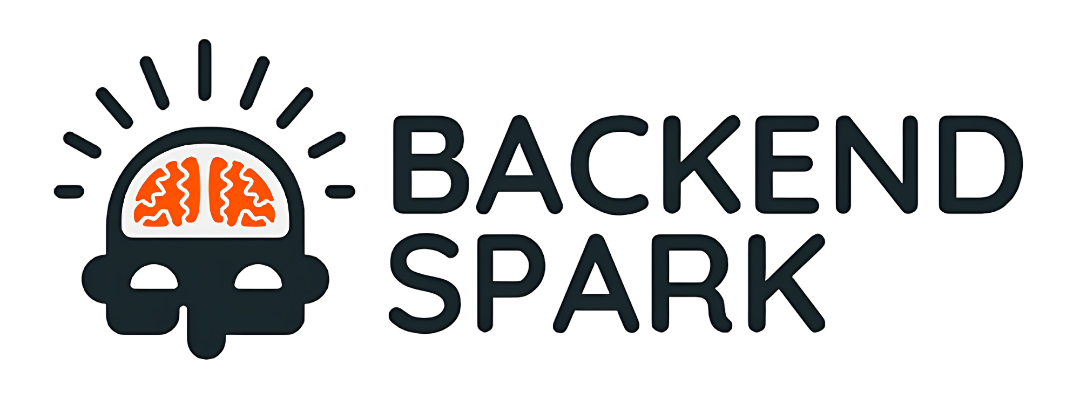Call us: +919818519160
In today’s digital-first world, many small business owners find themselves at a crossroads: Should they rely solely on social media platforms for business promotion, or should they invest in a professionally built website? While social media has its merits, the website vs social media debate overwhelmingly tilts in favor of having your own website. This article breaks down 10 compelling reasons why a website is a far superior long-term asset compared to social media when it comes to promoting and growing your business.
Table of Contents
1. You Own It, You Control It
Social media platforms are third-party services. At any moment, your account could be suspended, deleted, or affected by algorithm changes. A website, however, is a digital asset you own and control. You decide how it looks, functions, and evolves. Unlike social media, where your content is subject to community guidelines and platform changes, your website offers you full autonomy.
🔗 Related: Why a Website is an Asset, Not a Liability for Any Business
2. Higher Credibility and Professionalism
In the website vs social media comparison, one of the biggest advantages of having a website is professional credibility. Consumers tend to trust businesses with well-designed websites more than those only present on Instagram or Facebook. A website makes your business appear established, reliable, and legitimate—especially important if you’re in a competitive industry.
3. SEO = Free, Long-Term Traffic
Unlike social media posts that have a short shelf life, website content optimized for search engines continues to drive traffic over time. Through SEO strategies like keyword integration, backlink building, and content creation, your site can show up on Google searches when potential customers are actively looking for your services.
🔗 Related: Search Engine Optimization Services for Small Businesses
4. Limitless Customization and Functionality
Your website can have virtually any feature your business needs—appointment booking, e-commerce, forms, chatbots, portfolios, and more. Social media limits what you can do and how you do it. Custom functionalities give you the flexibility to serve customers better and streamline operations.
5. Stable Algorithms and Predictable Reach
One of the biggest drawbacks of social platforms is algorithm unpredictability. Just because you post content doesn’t mean your followers will see it. In contrast, a website gives you consistent visibility—every visitor gets access to your content without interference from opaque algorithms.
🔗 Related: 10 Social Media Mistakes You’re Making and How to Fix Them
6. Data Ownership and Analytics Control
With your website, tools like Google Analytics let you gather deep insights into user behavior—how people found your site, what pages they visited, and how long they stayed. This data is yours. On social media, you’re limited to platform-provided insights, and you don’t truly own the data.
7. Scalability and Long-Term Growth
Social media pages can grow, but they remain confined within the boundaries of the platform. A website can scale with your business—whether that means adding more content, creating landing pages, launching an online store, or integrating marketing tools. It evolves with your brand and supports long-term goals.
8. Better Conversion Optimization
Your website can be strategically designed to guide visitors toward conversion—whether it’s filling out a form, booking a consultation, or making a purchase. With clear calls to action, A/B testing, and user-friendly design, you can optimize your site for maximum conversions. Social media doesn’t offer that level of control.
🔗 Related: What Every Business Owner Should Know Before Hiring a Web Design Agency
9. 24/7 Availability Without Distraction
Social media platforms are filled with distractions—competing posts, ads, and unrelated content. A website, on the other hand, offers a focused environment where the spotlight is solely on your brand. Plus, it’s available 24/7 to anyone, anywhere, which means your business is always accessible.
10. Monetization and Retargeting Opportunities
Your website can generate revenue through direct sales, affiliate links, ad placements, or membership areas. You can also use tracking pixels to retarget visitors with paid ads. These advanced marketing strategies simply aren’t possible with social media alone.
🔗 Related: The Hidden Dangers of Free Websites: 10 Compelling Reasons to Reconsider
The Risks of Relying Only on Social Media
While platforms like Instagram and Facebook are useful for community building and brand awareness, they come with serious limitations:
- You don’t own your audience or content
- Engagement is algorithm-dependent
- Your reach is often throttled unless you pay
- There’s a high risk of sudden account bans or hacks
In the long run, relying only on social media for business promotion is like building your house on rented land.
Final Thoughts
In the website vs social media debate, it’s clear that a website offers far more value, control, and opportunity for long-term success. Social media should be used as a supplementary tool—a way to drive traffic to your website, not a substitute for it.
If you’re a small business owner still relying solely on Facebook or Instagram to promote your services, it’s time to invest in your own professional website. It’s not just a digital brochure—it’s the foundation of your online presence.
✅ Ready to build a powerful website for your business?
Explore Backend Spark’s affordable WordPress web design services with free maintenance and EMI payment plans tailored for small businesses.
I hope you enjoy this post, and if you want to receive future updates, please follow Backend Spark on Facebook and Instagram.

